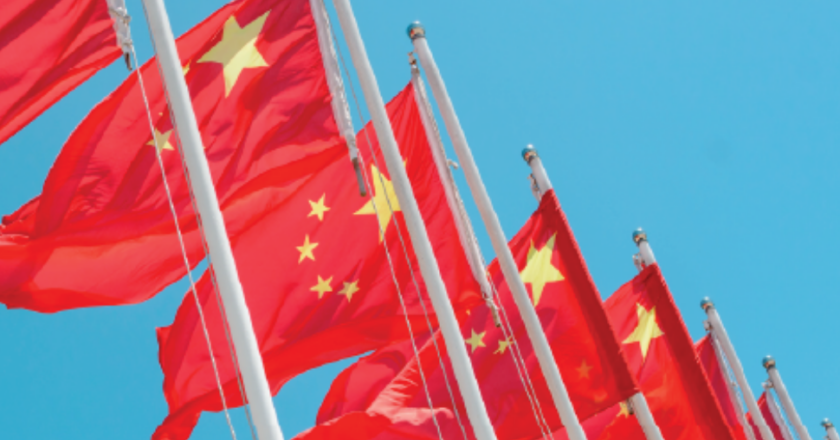China’s fiscal revenue picks up pace, officials vow early 2026 bond sales
China's September fiscal revenue growth picked up from August, finance ministry officials said on Friday, vowing to start issuing 2026 bonds early to give the economy an extra boost.
The 2.6% increase in fiscal revenue last month quickened from 2% growth in August, despite signs the economy may be losing some momentum.
For the first nine months of the year, fiscal revenue grew 0.5% year-on-year, Tang Longsheng, an official from the finance ministry, said at a press conference in Beijing.
"This year, the Ministry of Finance will continue to frontload the bonds from 2026 new local government debt quota," said Li Dawei, an official from the ministry, at the same press conference. This type of advance fundraising can give spending a jumpstart heading into the new year and is a co...









